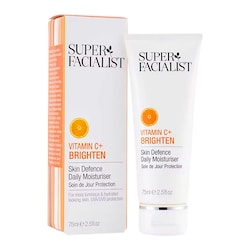15% off £30 OR 20% off £40
Face Cream
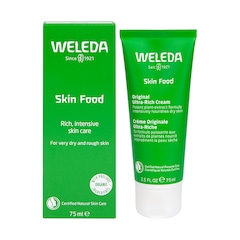
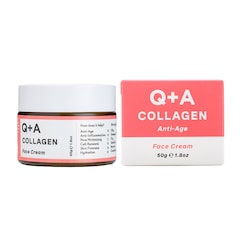
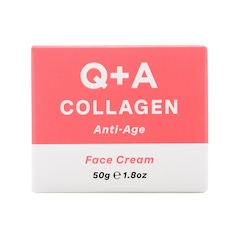
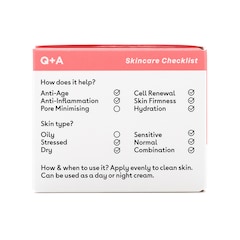
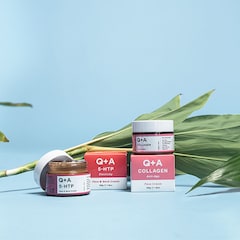
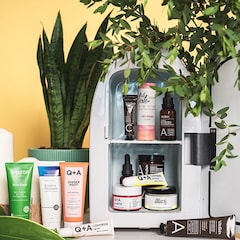
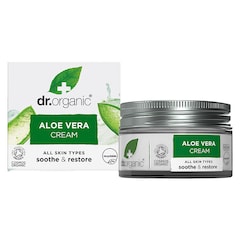
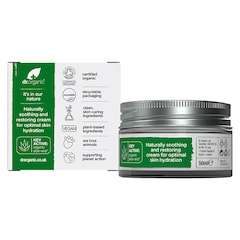
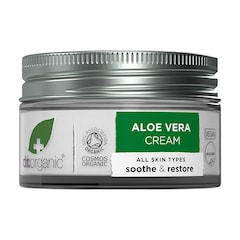
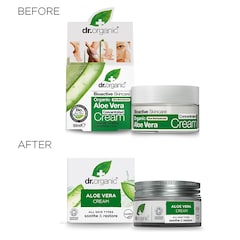
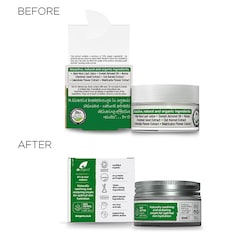
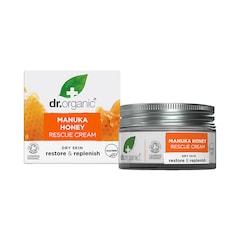
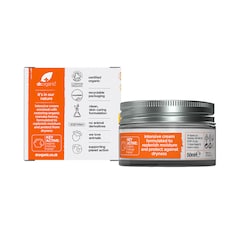
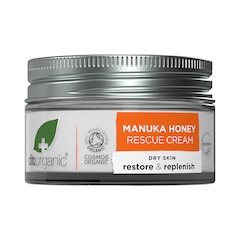
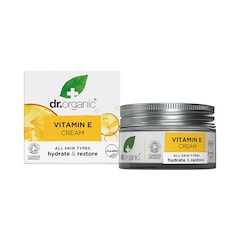
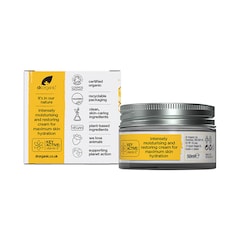
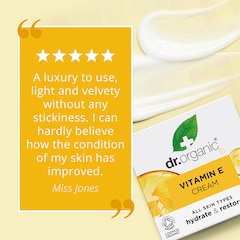
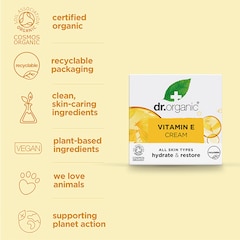
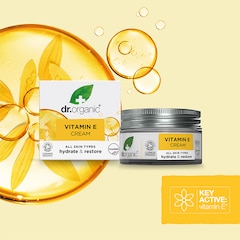
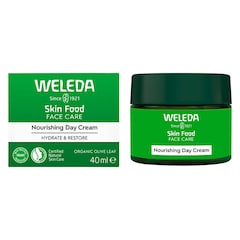
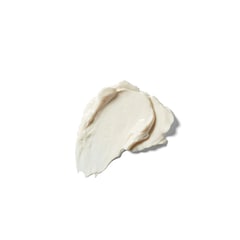
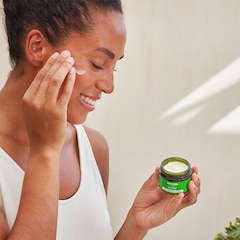
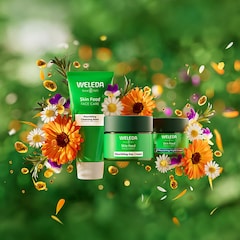
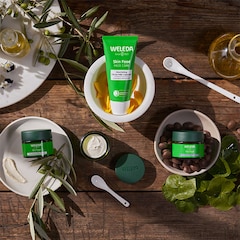
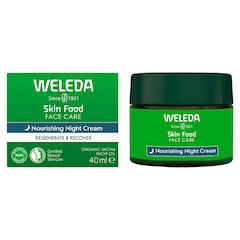
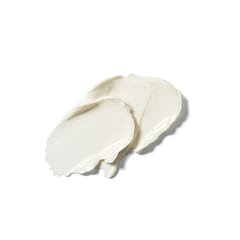
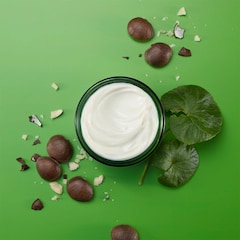
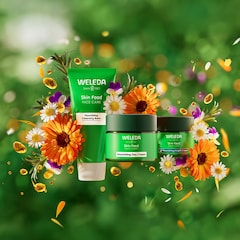
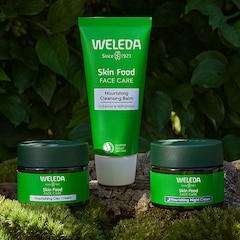
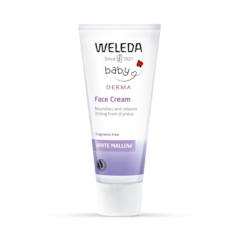
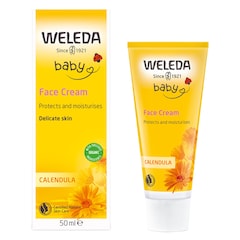

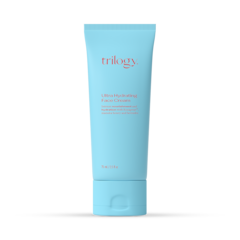
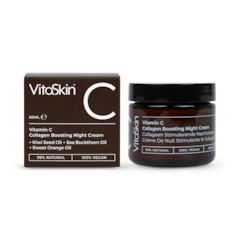
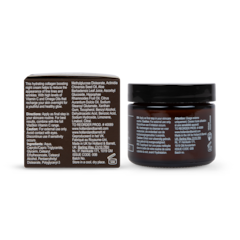
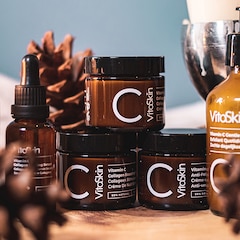
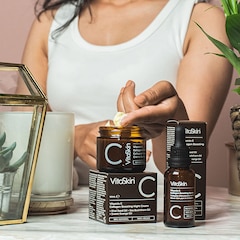
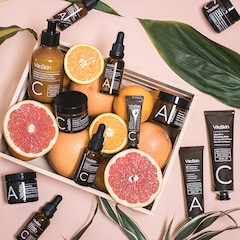
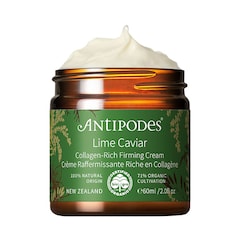
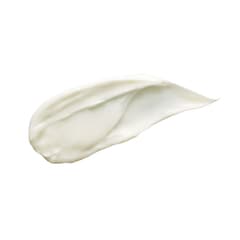
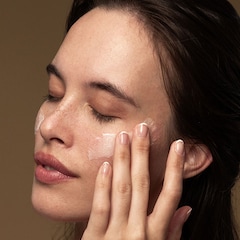

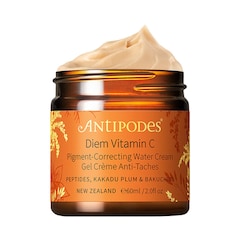
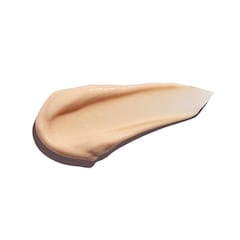
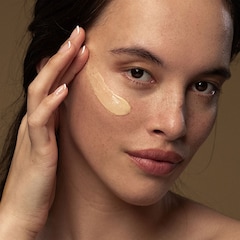

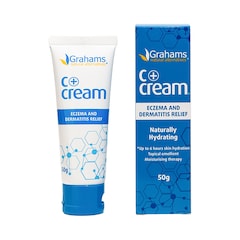
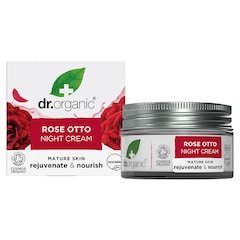
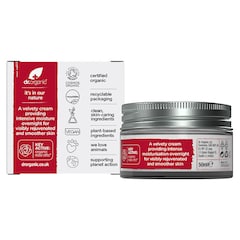
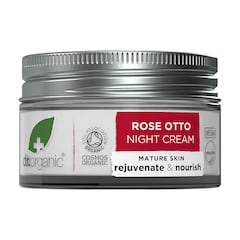
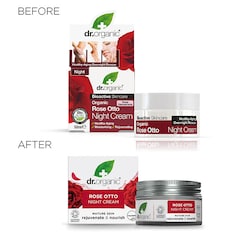
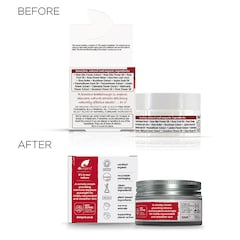
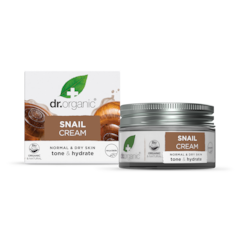
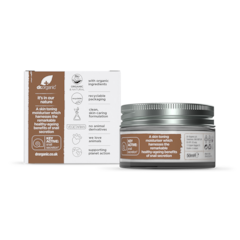
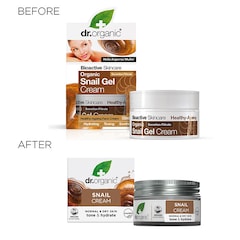
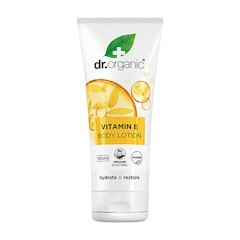
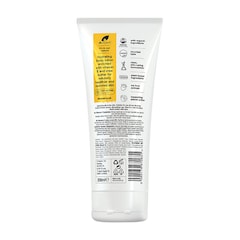
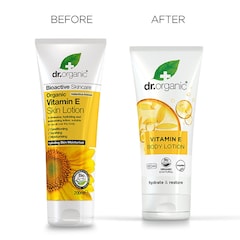
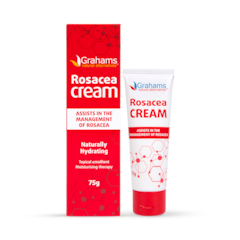
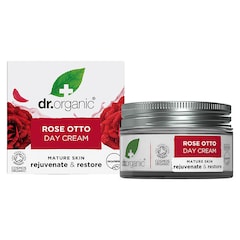
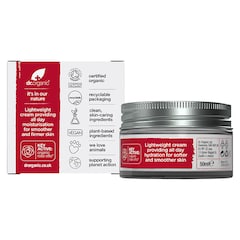
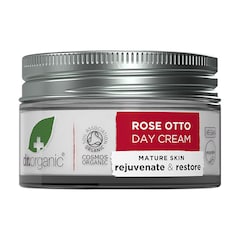
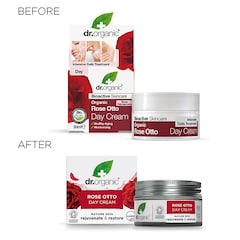
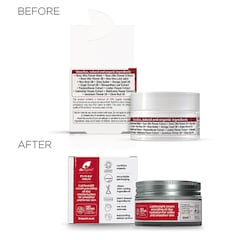
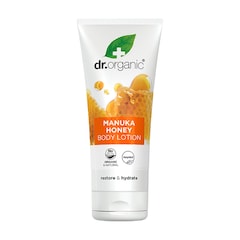
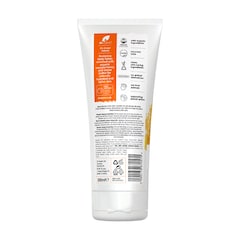
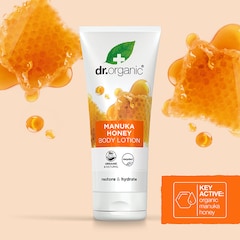
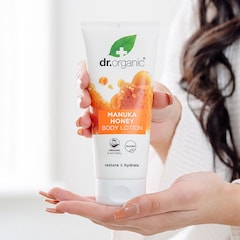
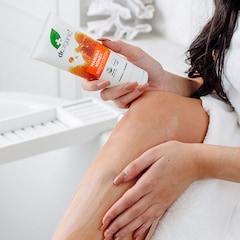
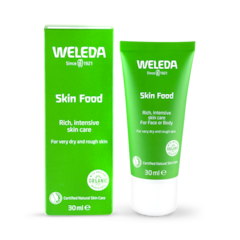
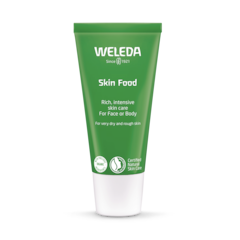
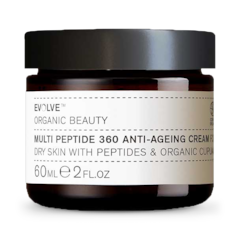
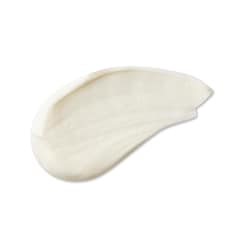
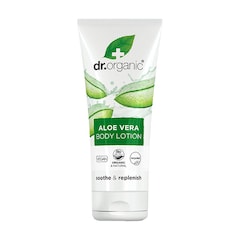
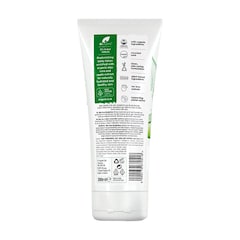
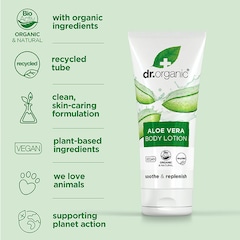
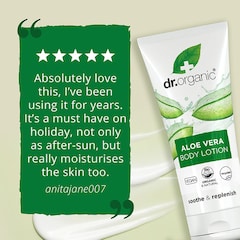
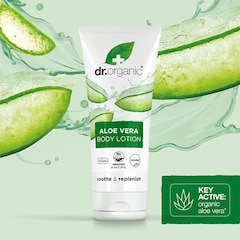
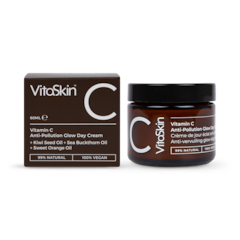
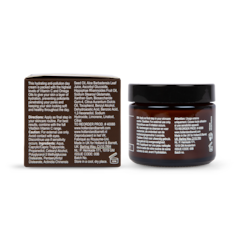
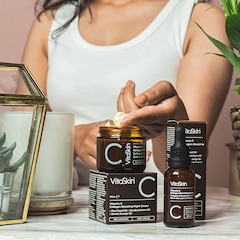
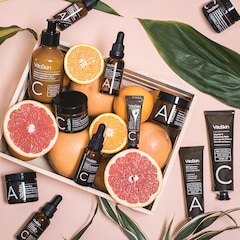
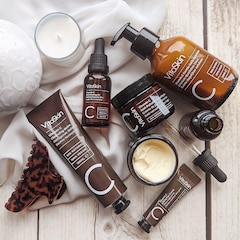
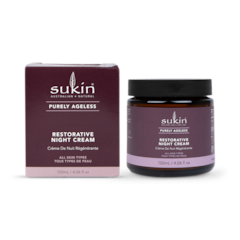
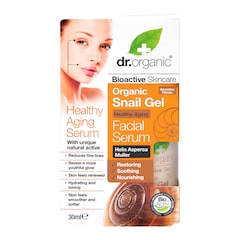
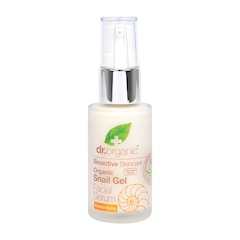
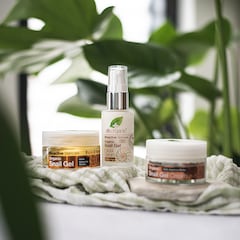
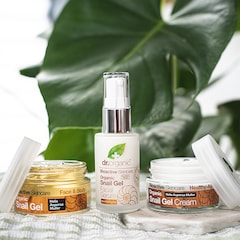
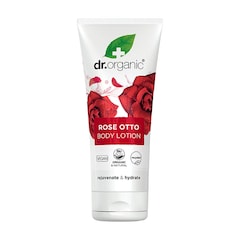
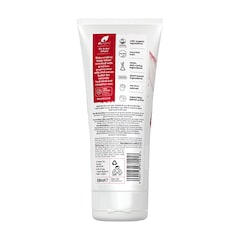
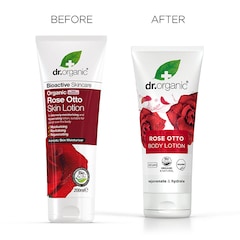
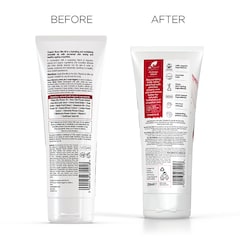
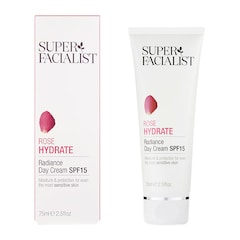
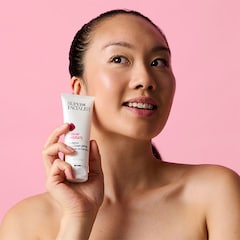
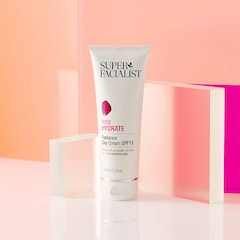
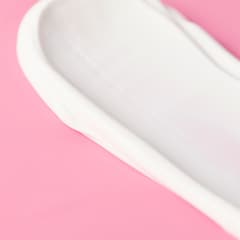
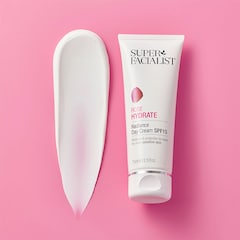
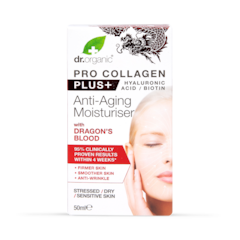
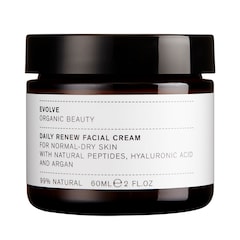
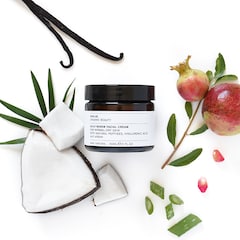
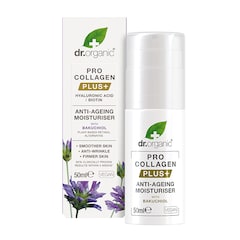
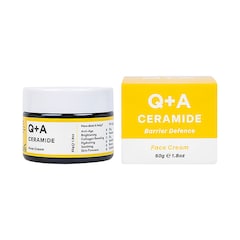
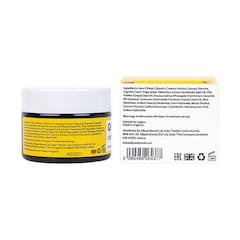
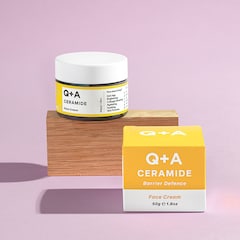
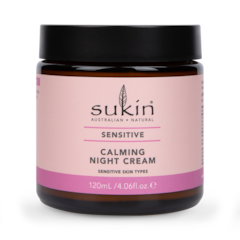
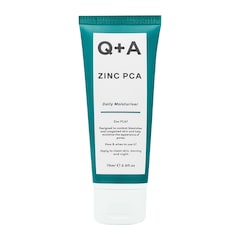
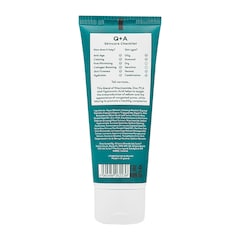
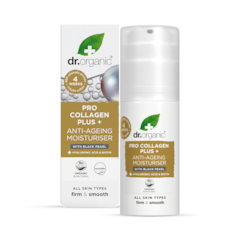
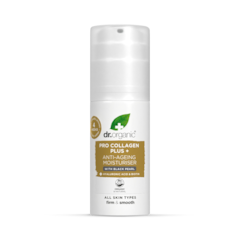
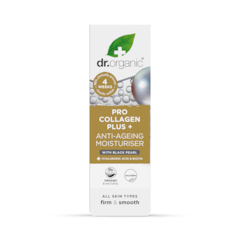
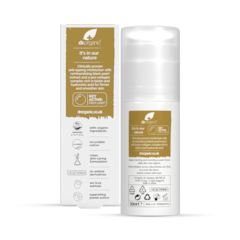
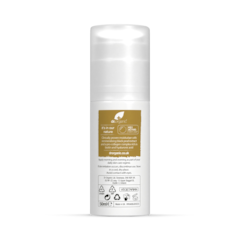
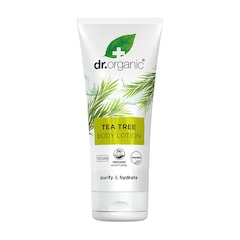
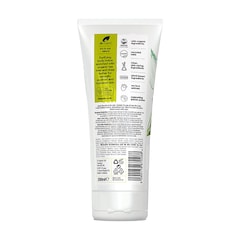
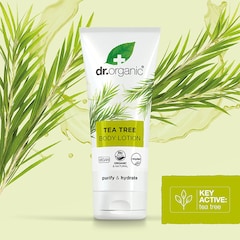
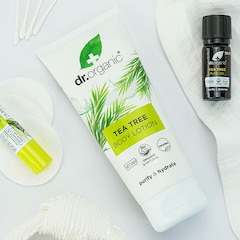

Shop Face Creams at Holland & Barrett
Have you ever wondered why we need separate creams for our face and body? Well, it has to do with the type of skin in those areas and how we use the different parts of our body.
The skin on your face is much thinner than the rest of your skin. It has more oil glands as well, particularly more than your hands or feet. These oil glands (or sebaceous glands) are dependent on hormone changes and the environment.
And while we usually cover the body in clothing, the face is exposed to the wind, sun, rain, dirt, and more.
Which is why facial skin is more prone to problems and it requires extra protection.
While body lotions tend to be targeted more at relieving dry skin, facial creams are made for other skin concerns like wrinkles, sensitivity, acne, and so on.
Why is there collagen in face creams?
We have all heard about collagen, but what is it exactly?
What is collagen?
Collagen is a protein that makes up 75 to 80 percent of your skin. Given that, it is clear why it plays such a big role in how your skin looks. Along with elastin, it is responsible for the bounce and plumpness of your skin, which wards off fine lines and wrinkles.
However, as you age, your body’s collagen levels decrease.
For women, a lot of the collagen loss occurs during the first five years of menopause. And, as we mentioned, the face is also the part of the body that is most prone to ageing, given its exposure to the elements and the thinness of its skin.
How does the body get collagen?
Collagen itself is too big a molecule to be soaked into skin, but there is a theory that hydrolyzed collagen, or collagen peptides – which is collagen broken down into smaller bits – can help.
The idea is that the peptides make their way to the dermis and support fibroblasts in making new collagen. Fibroblasts are the cells in connective tissue which produce collagen, among other fibres.
Night and day: how do the face creams differ?
Many people prefer to use a richer cream on their face during the day to nourish the skin and help with its appearance.
Day creams may also contain sun protection (SPF), which is great when you are out and about, but less useful when you sleep.
However, a night cream will often be finer or an oil, because you want to avoid anything rich that will overwhelm the skin as you sleep and lead to puffiness, blocked pores, or pimples.
Night time is for healing, regenerating, and prevention. The ingredient retinol is key here, but because it can make the skin a bit more sensitive to UV rays during the day, it is better used at night.
How to apply face creams
Whether applying in the morning or at night, be sure to wash your face first and remove any grit, sweat, or make-up.
You can use plain water and a bit of soap, or a face cleanser, depending on your needs.
Then, you can apply the cream on a slightly wet face, in order to lock in some moisture.
When applying creams or face oils to your face you want to be careful to be quite gentle, rather than vigorous. Put some face cream into the palm of your hand and then pat it on to your cheeks and forehead and glide it across. Use your whole hand.
Ideally, use face creams daily.
What sorts of face creams are there?
Consider Dr Organic Manuka Honey Rescue Cream which has restorative properties to nourish your skin.
Or Q+A Natural Skincare Collagen Face Cream which makes use of collagen that is derived from seaweed, as well as Shea butter for nourishing and softening dry skin. It can be used at day or night and is vegan.
For a night cream, you can try Vitaskin Vitamin C Collagen Boosting Night Cream. It includes vitamins, omega oils, and aloe, and should be applied as the last step in your skincare routine.
Finally, there is also Dr Organic Pro Collagen Plus Black Pearl which has been sourced from the turquoise lagoons of French Polynesia. The black pearl helps to introduce vital minerals to the skin, and the cream also includes leaf extracts, black pepper extract, and argan.
Shop Face Creams at Holland & Barrett
Have you ever wondered why we need separate creams for our face and body? Well, it has to do with the type of skin in those areas and how we use the different parts of our body.
The skin on your face is much thinner than the rest of your skin. It has more oil glands as well, particularly more than your hands or feet. These oil glands (or sebaceous glands) are dependent on hormone changes and the environment.
And while we usually cover the body in clothing, the face is exposed to the wind, sun, rain, dirt, and more.
Which is why facial skin is more prone to problems and it requires extra protection.
While body lotions tend to be targeted more at relieving dry skin, facial creams are made for other skin concerns like wrinkles, sensitivity, acne, and so on.
Why is there collagen in face creams?
We have all heard about collagen, but what is it exactly?
What is collagen?
Collagen is a protein that makes up 75 to 80 percent of your skin. Given that, it is clear why it plays such a big role in how your skin looks. Along with elastin, it is responsible for the bounce and plumpness of your skin, which wards off fine lines and wrinkles.
However, as you age, your body’s collagen levels decrease.
For women, a lot of the collagen loss occurs during the first five years of menopause. And, as we mentioned, the face is also the part of the body that is most prone to ageing, given its exposure to the elements and the thinness of its skin.
How does the body get collagen?
Collagen itself is too big a molecule to be soaked into skin, but there is a theory that hydrolyzed collagen, or collagen peptides – which is collagen broken down into smaller bits – can help.
The idea is that the peptides make their way to the dermis and support fibroblasts in making new collagen. Fibroblasts are the cells in connective tissue which produce collagen, among other fibres.
Night and day: how do the face creams differ?
Many people prefer to use a richer cream on their face during the day to nourish the skin and help with its appearance.
Day creams may also contain sun protection (SPF), which is great when you are out and about, but less useful when you sleep.
However, a night cream will often be finer or an oil, because you want to avoid anything rich that will overwhelm the skin as you sleep and lead to puffiness, blocked pores, or pimples.
Night time is for healing, regenerating, and prevention. The ingredient retinol is key here, but because it can make the skin a bit more sensitive to UV rays during the day, it is better used at night.
How to apply face creams
Whether applying in the morning or at night, be sure to wash your face first and remove any grit, sweat, or make-up.
You can use plain water and a bit of soap, or a face cleanser, depending on your needs.
Then, you can apply the cream on a slightly wet face, in order to lock in some moisture.
When applying creams or face oils to your face you want to be careful to be quite gentle, rather than vigorous. Put some face cream into the palm of your hand and then pat it on to your cheeks and forehead and glide it across. Use your whole hand.
Ideally, use face creams daily.
What sorts of face creams are there?
Consider Dr Organic Manuka Honey Rescue Cream which has restorative properties to nourish your skin.
Or Q+A Natural Skincare Collagen Face Cream which makes use of collagen that is derived from seaweed, as well as Shea butter for nourishing and softening dry skin. It can be used at day or night and is vegan.
For a night cream, you can try Vitaskin Vitamin C Collagen Boosting Night Cream. It includes vitamins, omega oils, and aloe, and should be applied as the last step in your skincare routine.
Finally, there is also Dr Organic Pro Collagen Plus Black Pearl which has been sourced from the turquoise lagoons of French Polynesia. The black pearl helps to introduce vital minerals to the skin, and the cream also includes leaf extracts, black pepper extract, and argan.





